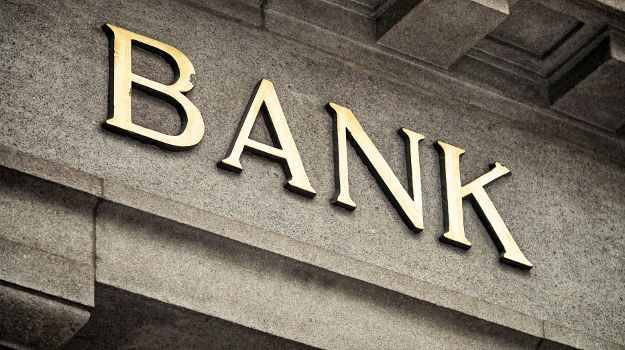South African banks may be better placed than their European counterparts to weather the Covid-19 storm, but they are not immune to collapsing, the South African Reserve Bank warned on Wednesday.
Stress tests performed back in 2018 showed that local banks are well-capitalised to see the current crisis through without needing intervention, Deputy Governor Kuben Naidoo said during the Financial Stability Review Forum. However, Naidoo warned that the country cannot get too comfortable.
He said SA is doing everything necessary to prevent the current health crisis from turning into a financial crisis. But time will tell whether what is being done - including a cumulative 275 basis points in rate cuts in 2020, and lowering local banks' liquidity reserve requirements - will be enough.
"I do believe that South African banks more resilient than European banks and more resilient than average globally and that's because they have larger buffers. But let me also say that South African banks are not immune to making losses. They are not immune to collapsing," he said.
Naidoo said without doubt there will be a "significant" increase in bad debts, which will erode banks' capital buffers over time. While he could not give an exact number on the amount of bad debt that could push banks over the edge, Naidoo said "crudely" if 10% of their loan books go into default position, this could wipe out the banks' capital buffers.
Historical data says we may be ok
But looking at the 80-year data for South Africa, Naidoo said the odds of reaching 10% on non-performing loans low. In the past 80 years, the highest non-performing loan ratios reached a high of between 4% and 5% at some point. In the 2009 financial crisis, non-performing loans got up to just 4%.
"So, you would need a very, very economic scenario to have a 10% non-performing loan ratio," said Naidoo.
Hendrik Nel, the head of financial stability department at SARB, said the stress tests that the central bank performed to gauge resilience of local banks in 2018 showed that whether SA had a quick V-shaped or prolonged L-shaped recovery, banks would maintain enough capital levels without needing to be bailed out in any way.
Naidoo said the SARB, together with the banks, is tracking non-performing loan levels on daily basis and so far, there have not been any significant movements and therefore no reason for alarm. Banks should be able to continue lending and providing repayment relief to those who need it, and the SARB will give them "reasonable time" to rebuild their reserves once signs of economic recovery start to show.
"In April we had a large number of loan restructuring take place. We had a large number in May as well. But we don't categorise those as non-performing. It's too early to tell what the size of non-performing loans will be," he added.




















